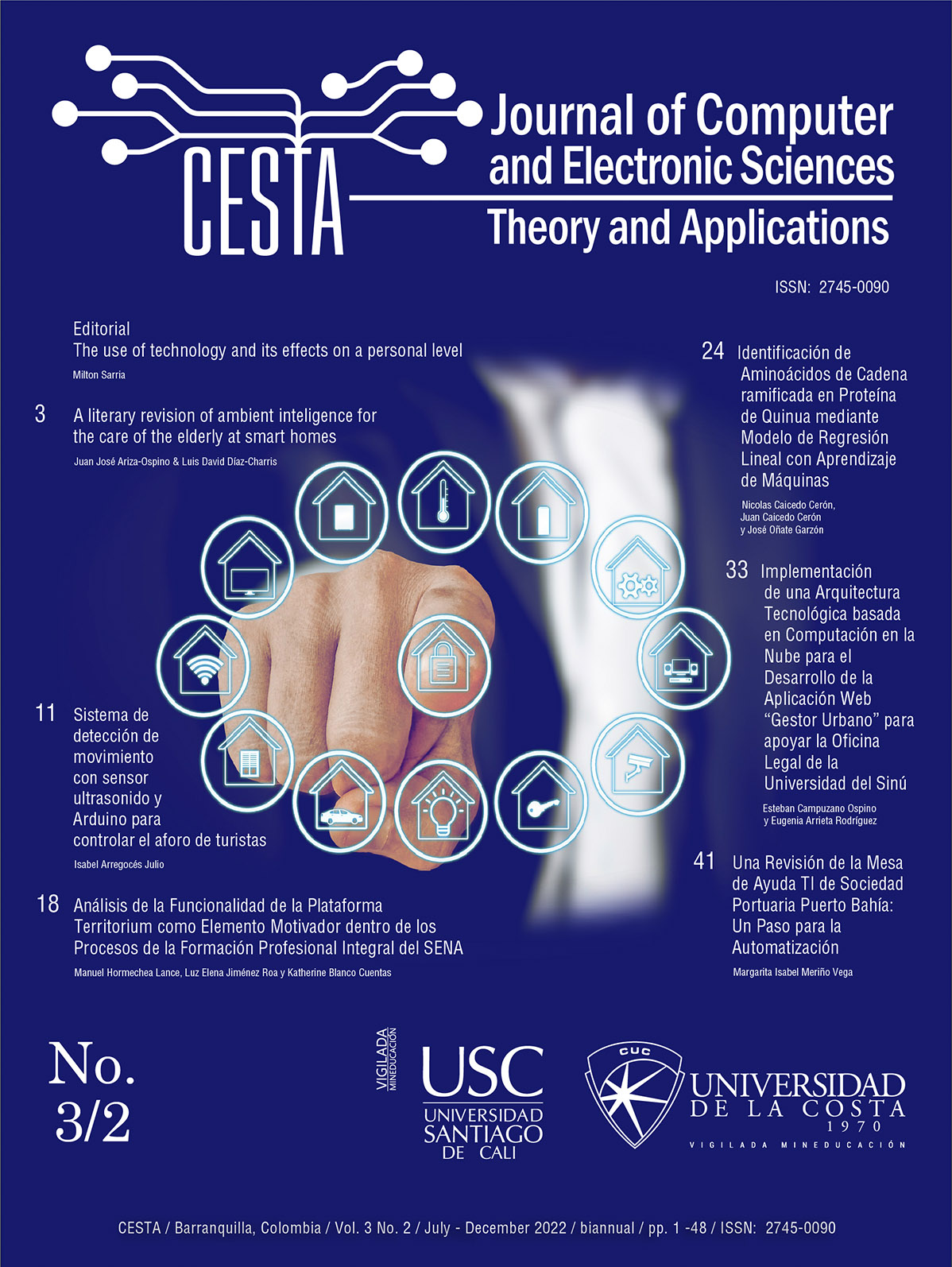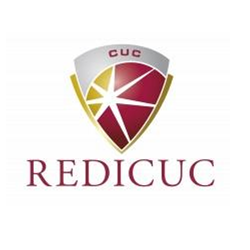Analysis of the Functionality of the Territorium Platform as a Motivating Element Within the Processes Comprehensive Professional Training of the SENA
DOI:
https://doi.org/10.17981/cesta.03.02.2022.03Keywords:
hybrid training, blended, toolsAbstract
Introduction: The pandemic has left changed in all edu-cational institutions in Colombia, both private and pub-lic including the SENA (National Learning Service), they have developed hybrid or blended training, where through face-to-face and virtual activities they serve the apprentices according to the required competencies. For this we need to use technological platforms that can permanently motivate the apprentices involved. The Learning Management Sys-tem (LMS) are fundamental tools for the synchronization processes between face-to-face training and online training. Depending on the implementation of these LMS, it is possible to demonstrate the effectiveness in the training processes taking into account the functionality of the platform based on its components.
Objectives: This paper analyze the operation of the Ter-ritorium technology platform as support for SENA’s training processes.
Results: The platform contains functionalities that allow instructors to generate motivating elements that are person-alized according to the spaces and tools available, the way in which the content is published, and the configuration of the communication options.
Conclusions: The use of LMS, such as Territorium, means that, through a real process of configuration and assembly by the instructors, actions are generated to allow the learners to have self-management and fully develop all the commitments they acquire in the development of the training process.
Downloads
Published
How to Cite
Issue
Section
License
Copyright (c) 2022 Manuel Gregorio Hormechea Lance, Luz Elena Jimenez Roa, Katherine Paola Blanco Cuentas

This work is licensed under a Creative Commons Attribution-NonCommercial-NoDerivatives 4.0 International License.
Los artículos publicados son de exclusiva responsabilidad de sus autores y no reflejan necesariamente las opiniones del comité editorial.
La Revista CESTA respeta los derechos morales de sus autores, los cuales ceden al comité editorial los derechos patrimoniales del material publicado. A su vez, los autores informan que el presente trabajo es inédito y no ha sido publicado anteriormente.
Todos los artículos están bajo una Licencia Creative Commons Atribución-NoComercial-SinDerivadas 4.0 Internacional.



 English
English
 Español (España)
Español (España)






